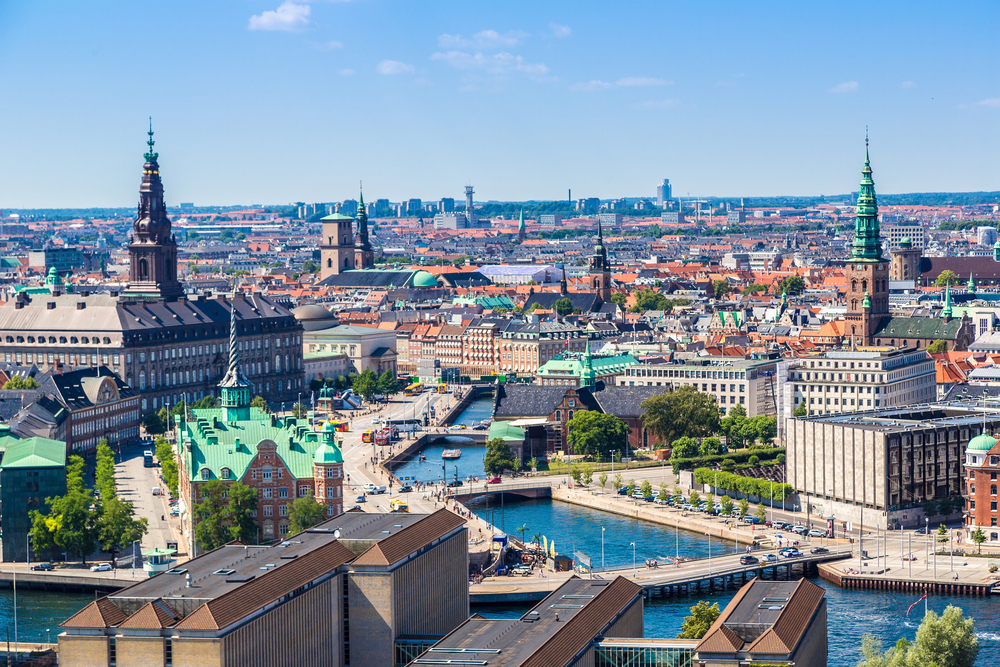
The Confederation of Danish Industry (DI) has released a report that claims esports contributes almost DDK 4.3bn (~£492m) to Denmark’s GDP (gross domestic product) annually.
The confederation’s report also states that esports turnover amounted to DDK 10bn (~£1.15bn) in 2022. The press release was translated from Danish to English by Esports Insider.
DI’s new report aims to shed light on esports’ importance in the country. Denmark has a long-standing presence in the esports sector, in particular within the Counter-Strike and League of Legends scene. The country has regularly hosted CS:GO majors, with CS2’s first-ever Major set to take place in Copenhagen.
Denmark’s current annual GDP amounts to $405.6bn (~£46.5bn) in 2023.
The popularity of gaming across the general Danish public also seems to be growing, per DI’s data. The report states that in 2022, 30% of adult Danes played games every week, which has increased from 10% in 2004.
DI also notes that there are 141 post-secondary schools and colleges that deal with esports in some way, shape or form. Moreover, esports and esports-related businesses approximately create 3,000 full-time positions in Denmark.
In a release, the confederation has also highlighted that Denmark’s position within the esports industry is being threatened by other countries investing in the sector. Notably, Andreas Espersen, DI’s Head of Digitalisation Policy, mentioned recent esports developments made by France, Malta and Saudi Arabia.
Earlier this year, the French government revealed its esports strategy, aimed at furthering the country’s involvement in esports. As a result, a ‘national ecosystem’ is being created to support the esports industry.
Meanwhile, Saudi Arabia has heavily invested in esports through the Gamers8 esports festival, major acquisitions and the country’s own national gaming and esports strategy.
As such, DI has proposed that the Danish government initiates measures to help the local esports industry. This includes making esports more attractive to foreign talents, bolstering understanding of the sector, placing esports alongside traditional elite sports and setting aside grants for activities that strengthen esports’ long-term future.





